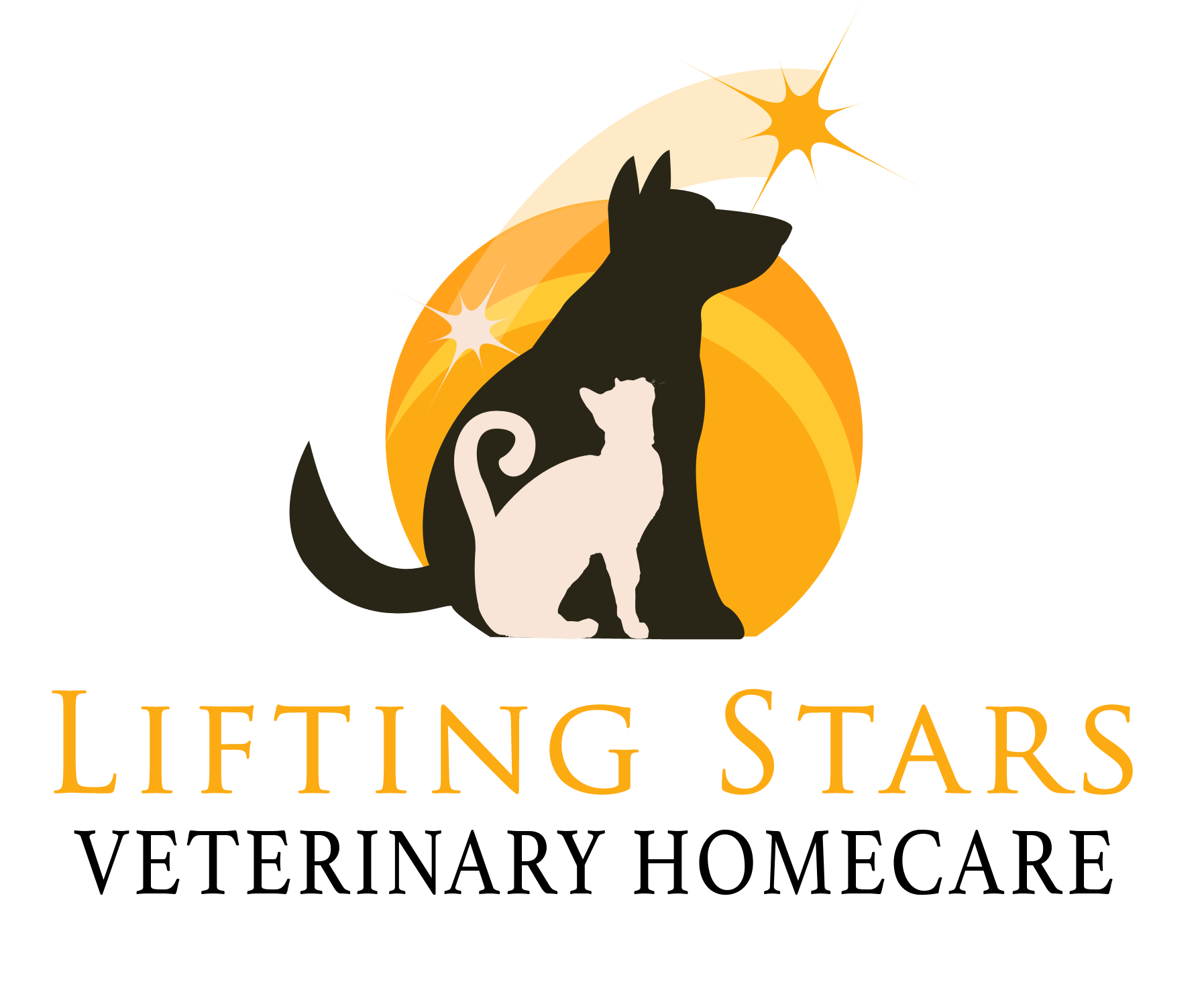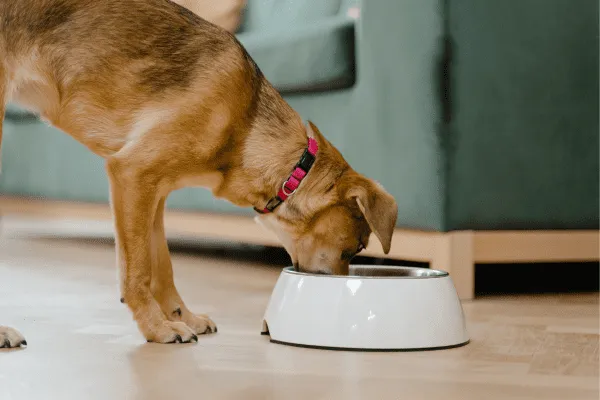Nourishing Wisdom: The Significance of Good Nutrition in Senior Pets
At Lifting Stars Veterinary Homecare, we recognize the significance of ensuring proper nutrition for our aging companions. As our beloved furry friends age, their needs evolve, with nutrition playing an increasingly crucial role in influencing their overall well-being. Much like humans, senior pets require thoughtful consideration of their diet to sustain a healthy and contented quality of life. In this blog, we will delve into the significance of providing good nutrition to your senior pets. Let’s get started: Supporting Joint Health: Senior pets often face challenges with joint health, commonly experiencing conditions like arthritis. Adequate nutrition plays a pivotal role in supporting joint function and alleviating the discomfort associated with these conditions. When selecting pet foods, look for those rich in glucosamine, chondroitin and omega fatty acids, well-known for supporting joint health and reducing inflammation. Many veterinary diets for senior pets include these components in their recipes. Alternatively, your veterinarian may recommend over-the-counter joint supplements for added support. Weight Management: Maintaining an optimal weight is crucial for all pets but increasingly important in our senior pets, as excess weight can exacerbate joint issues and lead to a variety of health problems. As pets age, the level and frequency of their activities often decline, making it easier for those extra pounds to accumulate. Specialized senior pet diets are formulated with controlled calorie content to help prevent obesity while ensuring they receive the necessary nutrients for their age and activity level. For pets that always seem hungry, there are diets available to help provide a sense of fullness without the caloric overload. Digestive Health: Our senior pets may experience changes in their digestive systems, including a decrease in digestive enzyme production and changes in gut motility. High-quality pet foods for seniors often incorporate easy-to-digest proteins, fibers, and prebiotics to support digestive health. This aids in nutrient absorption and can help reduce issues like constipation or diarrhea. Cognitive Function: Cognitive decline is a common concern in aging pets. Proper nutrition, particularly diets rich in antioxidants, omega-3 fatty acids, and vitamins E and C, have been linked to improved cognitive function in senior dogs and cats. These nutrients contribute to brain health and may help slow down the progression of cognitive dysfunction. Immune System Support: Aging pets may have compromised immune systems, making them more susceptible to illnesses. Nutrient-dense diets containing essential vitamins and minerals, such as vitamin C and zinc, can enhance the immune response, helping senior pets ward off infections and diseases more effectively. Dental Health: We know that oral health is integral to overall well-being, and senior pets often face dental challenges that we, as pet parents, may be unaware of. Dental problems can significantly affect their comfort while eating, a sensation we can empathize with as humans when dealing with a toothache. Specialized senior pet diets may include dental care components, such as kibble texture and size, to promote oral health and reduce the risk of dental issues. Hydration: When considering foods in general, hydration might not be the first thing that comes to mind. However, certain conditions, such as those affecting kidney function, can lead to decreased thirst in our senior pets, making them prone to dehydration. Wet or canned foods with higher moisture content contribute to hydration, supporting kidney function and overall health. There are many brands and diets that are readily available, and at Lifting Stars Veterinary Homecare we understand that it can be a bit confusing as to what to choose. It is crucial that you, with the assistance of your veterinarian, select the right balanced food for your pet based on their age and stage in life. This is especially important if your pet has been diagnosed with a condition for which they should be on a specific diet—either to prevent the recurrence of a condition or to slow the progression of a disease. Always remember to never change your pet’s food abruptly without a proper transition, as this can cause stomach upset and other gastrointestinal issues. Regular veterinary check-ups for your senior pet, combined with a thoughtful approach to nutrition, will undoubtedly pave the way for a longer, healthier and happier life for your companion.

